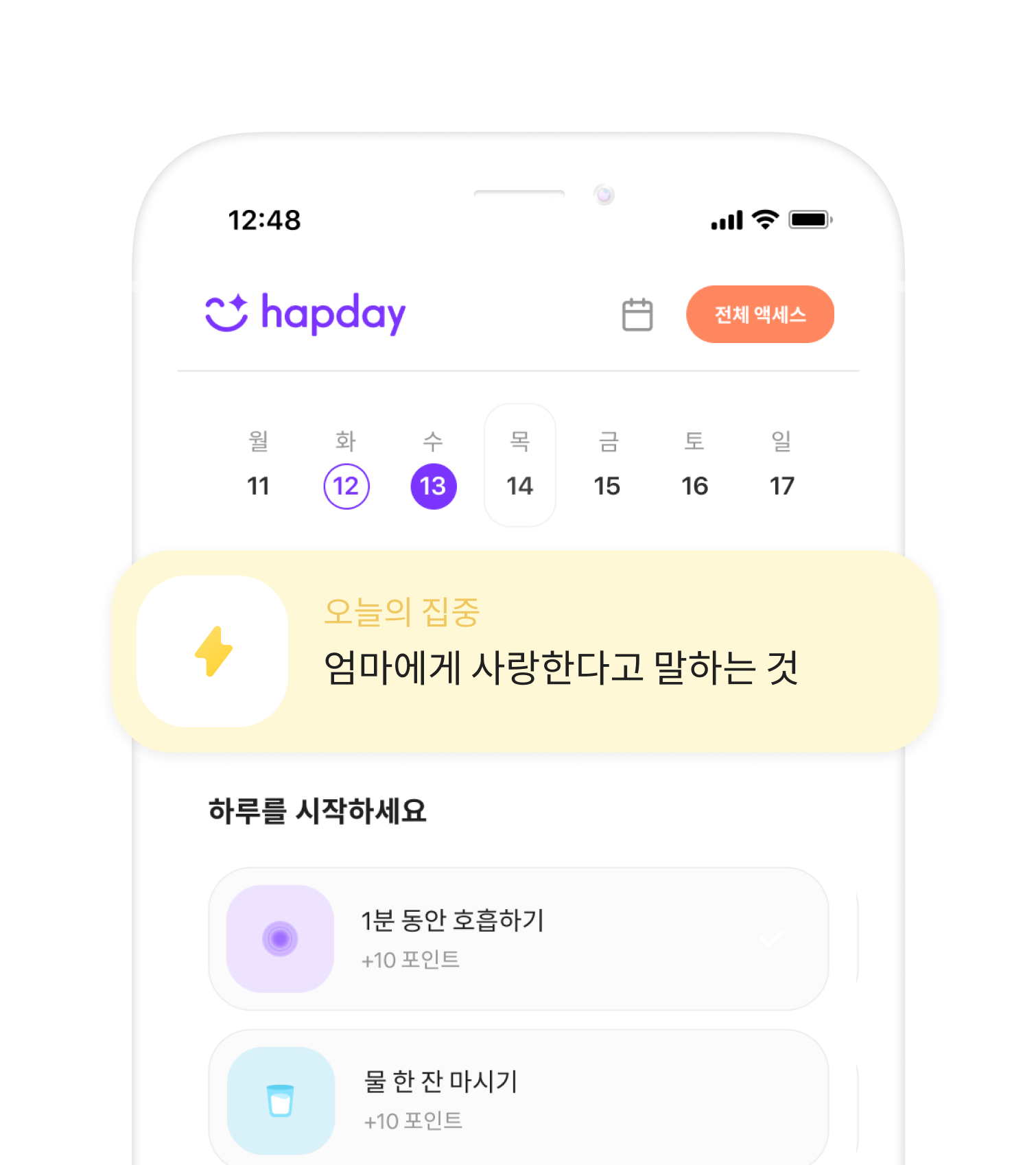Life is full of uncertainty, yet sometimes the unpredictability feels overwhelming. Changes at work, health issues, global events, or personal challenges can create waves of anxiety that are hard to ignore. Human beings are designed to seek control and predictability, and when these are absent, it is natural to feel destabilized.
Studies indicate that uncertainty is one of the most significant triggers of anxiety. Research published in the Journal of Individual Differences and Personality suggests that individuals with a low tolerance for uncertainty are more likely to experience stress, anxiety, and even depression. However, while uncertainty is unavoidable, how you respond to it can significantly impact turning anxious times into periods of strength and resilience.
This guide offers practical strategies to help handle uncertainty, reduce anxiety, and regain balance in an unpredictable world.
Understanding Why Uncertainty Triggers Anxiety
At its core, anxiety is the body’s response to a perceived threat. When facing uncertain situations, the brain often interprets this as potential danger, triggering a fight-or-flight reaction. While this response can be beneficial for survival, it can also lead to feelings of tension, nervousness, or overwhelm.
Common Reactions to Uncertainty:
- Overthinking: Constantly analyzing “what if” scenarios.
- Avoidance: Ignoring or delaying decisions to bypass discomfort.
- Seeking Control: Excessively planning or attempting to predict outcomes.
- Emotional Exhaustion: Feeling drained by the stress of ongoing unknowns.
Key Insight: The discomfort of uncertainty is not a reflection of your abilities or strength. It is a natural human response. Developing ways to manage it is a skill that can be honed over time.
The Impact of Uncertainty on Mental Health
Prolonged exposure to uncertainty, if unchecked, can affect your well-being.
Emotional Effects:
- Heightened anxiety and worry.
- Increased irritability or frustration.
- Reduced ability to concentrate or make decisions.
Physical Effects:
- Tension headaches, muscle pain, or fatigue.
- Sleep disturbances or insomnia.
- Digestive issues linked to stress.
Statistics: According to the American Psychological Association, nearly 70% of adults report that uncertainty significantly contributes to their stress levels.
Strategies for Coping with Uncertainty
While you cannot eliminate uncertainty, adjusting how you respond can build resilience and restore a sense of control. Here are some approaches:
1. Focus on What You Can Solve
When faced with uncertainty, it is easy to become fixated on what you cannot control. Redirecting your attention to manageable aspects of your life can reduce feelings of helplessness.
Steps to Regain a Sense of Control:
- Create Routines: Establish a routine grounded in predictability, like a consistent wake-up time or exercise regimen.
- Set Small Goals: Break tasks into achievable steps to provide a sense of accomplishment.
- Limit Trigger Exposure: Cut down the time spent consuming anxiety-inducing news.
Example: If there is uncertainty about work outcomes, enhance your resume, learn a new skill, or expand opportunities through networking.
2. Ground Yourself with Mindfulness Practice
Mindfulness helps keep you from spiraling into future worries. It is a powerful tool for reducing anxiety and improving emotional regulation.
Ways to Integrate Mindfulness:
- Try Deep Breathing: Inhale for 4 seconds, hold for 4 seconds, exhale for 6 seconds.
- Conduct a Body Scan: Close your eyes and mentally check each body part, encouraging relaxation.
- Utilize Your Senses: Focus on what you see, hear, smell, taste, and feel in the moment.
Research Insight: According to the Journal of Behavioral Research and Therapy, consistent mindfulness practice over 8 weeks reduces anxiety symptoms by 58%.
3. Challenge Negative Thought Patterns
Uncertainty often fuels catastrophic thinking that assumes the worst-case scenario will occur. Recognizing and reframing these thoughts can help approach challenges more rationally.
How to Challenge Negative Thoughts:
- Identify Thoughts: Write down anxious or negative beliefs, such as “I will never get through this.”
- Examine Evidence: Ask yourself, “Is this thought based on facts or fears?”
- Reframe Perspectives: Replace them with balanced thoughts, e.g., “I might not have all the answers now, but I can take steps toward finding solutions.”
Example: Instead of thinking, “This uncertainty will ruin everything.”, say, “I’ve successfully navigated uncertainty before and found solutions—I can tackle new challenges as well.”
4. Build a Support Network
Sharing concerns with trusted friends, family, or professionals provides relief and perspective. Isolation often amplifies anxiety, so remaining connected is crucial.
Ways to Seek Support:
- Talk to Loved Ones: Share feelings with someone who listens without judgment.
- Join Support Groups: Connect with others facing similar uncertainties.
- Seek Professional Help: Therapists can offer tools and techniques to effectively manage anxiety.
Statistics: Social support reduces perceived stress by 33%, according to research in the Journal of Psychology.
5. Limit the Need for Certainty
The desire for certainty is natural, but trying to control every outcome can induce more stress. Learning to tolerate ambiguity can make uncertain times easier to navigate.
How to Tolerate Uncertainty:
- Take Small Risks: Gradually expose yourself to situations with uncertain outcomes, like trying a new hobby or meeting new people.
- Focus on Flexibility: Practice adapting when plans change or unexpected events occur.
- Recall Past Resilience: Remember instances when you’ve successfully overcome uncertainty.
Expert Tip: When facing ambiguity, repeat mantras like “I don’t need to know all the answers right now.”
6. Take Care of Physical Health
Anxiety is a whole-body experience, so prioritizing physical health can more effectively handle its impact.
Physical Habits to Reduce Stress:
- Regular Exercise: Physical activity releases endorphins that improve mood and alleviate tension.
- Balanced Diet: Avoid excessive caffeine or sugar, which can exacerbate anxiety.
- Prioritize Sleep: Aim for 7-9 hours of quality sleep each night to restore mental clarity.
Statistics: Regular exercise reduces anxiety levels by up to 20%, according to the Journal of Psychiatry Research.
7. Practice Gratitude to Shift Focus
Gratitude redirects attention from what is lacking to what is present and positive. It is a powerful way to counterbalance anxiety during uncertain times.
Ways to Cultivate Gratitude:
- Write a Gratitude Journal: List three things you are grateful for each day.
- Express Appreciation: Communicate gratitude to others through messages or conversations.
- Focus on Small Joys: Relish in simple pleasures, like a good cup of coffee or sunny weather.
Research Insight: People who regularly practice gratitude report a 25% increase in feelings of optimism and well-being, according to the Journal of Happiness Studies.
Moving Forward in Uncertain Times
Uncertainty is an unavoidable part of life, but it doesn’t have to paralyze you. By focusing on what is within your control, practicing mindfulness, and establishing a strong support system, you can navigate the unknown with greater confidence and resilience.
Remember that you can move forward without knowing all the answers. Whether challenging negative thoughts, establishing routines, or simply taking a deep breath, each small step is a step toward calm and clarity.
While uncertainty can be uncomfortable, it’s also a space for growth, opportunity, and change. Trust in your adaptability, ability to learn, and capacity to succeed—no matter what unfolds.




